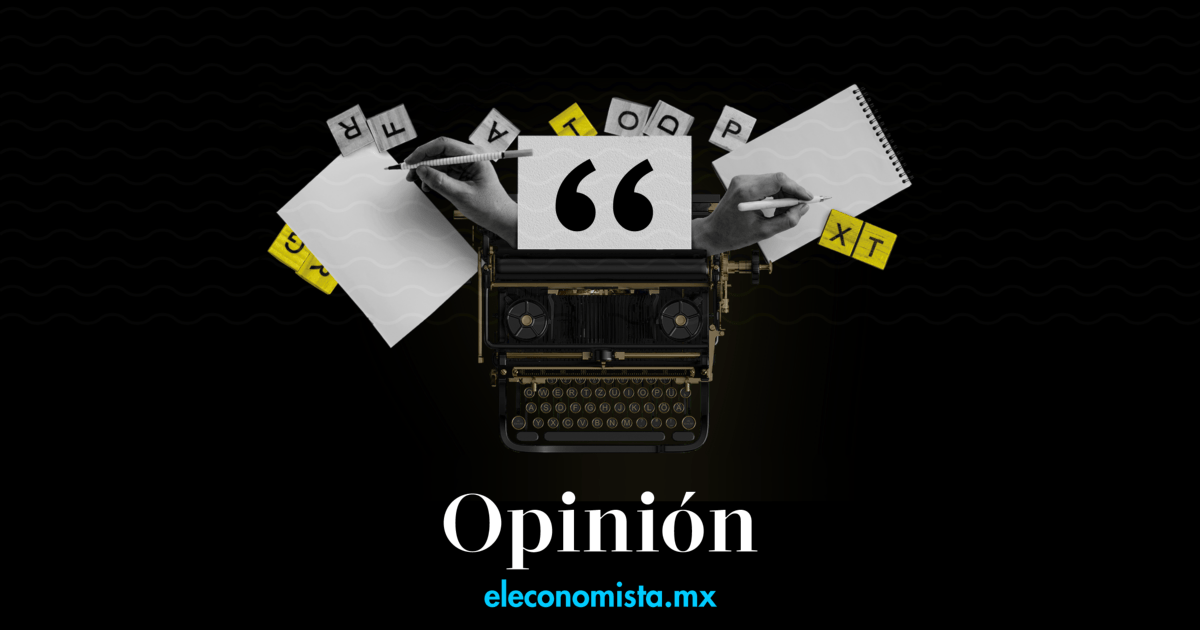In recent months, the social conversation about the rapid advance of artificial intelligence (“AI”) and its multiple applications in our society has taken on unprecedented relevance. Health is no exception.
Forms of artificial intelligence, such as deep learning algorithms, machine learning, and neural networks, are being intensively explored for new healthcare applications in fields such as diagnostic imaging, risk analysis, management, and lifestyle tracking. life, health information management and virtual assistance. The expected benefits in these areas are vast and include increased speed in imaging and diagnostics, a greater understanding of predictive detection, and a significant decrease in costs and inefficient healthcare. However, AI-based clinical tools also create a number of situations where commonly accepted ethical values and principles, as well as their legal considerations, may be challenged. This has been the subject of a recent study in 2022, by the European Parliament, called “Artificial intelligence in healthcare – Applications, risks, and ethical and societal impacts”.
For its part, the Accenture consultancy estimated that by 2021, hospitals would invest 6.6 billion dollars annually in AI-related technologies, mainly in developed countries. Similarly, researchers Safavi and Kalis estimate that AI applications could generate up to $150 billion in annual savings for the US healthcare system by 2026. For its part, the National Bureau of Economic Research goes further, calculating savings of between 5% and 10% in US health spending, that is, between 200,000 and 360,000 million dollars.
One of the most important applications of AI in healthcare is diagnostics. AI systems can analyze vast amounts of medical data, including medical images, to accurately and quickly detect diseases and conditions. For example, AI can analyze CT scan images to identify signs of lung cancer, or it can analyze retinal images to detect vision problems. This is highly relevant given that some estimates indicate that diagnostic errors represent 60% of all medical errors.
In rare diseases, the use of AI for diagnosis can be especially decisive. In fact, between 6,000 and 8,000 rare diseases are known, affecting some 400 million people worldwide. It is estimated that it takes an average of five years to diagnose a rare disease. Therefore, patients with rare diseases invest time, effort and financial resources to obtain an accurate diagnosis. There are already some companies offering DNA diagnostic services for rare diseases using AI. Since medical staff are not specialized in all rare diseases, they tend to focus only on some of the ones they know about, leading to many false positives or negatives.
Another important application of AI in health is the personalization of treatment. AI systems can analyze a patient’s medical data, including their medical history and genetic profile, to determine the most effective and personalized treatment for that patient. This can help improve the effectiveness of treatments and reduce side effects.
Furthermore, AI can be used to predict and prevent disease. By analyzing vast amounts of medical data, AI systems can identify patterns and trends that may indicate increased risk of disease in certain patients. This can allow doctors to take preventive measures and offer personalized advice to reduce the risk of disease.
Today, AI is already helping doctors and hospitals around the world improve efficiency and productivity in healthcare, for example, by automating administrative tasks such as appointment scheduling and medical record management, giving opportunity for health professionals to focus on patient care. They can also help doctors make more informed decisions and better manage their time.
However, it is important to note that AI cannot replace healthcare professionals. AI systems are valuable tools that can improve healthcare, but they cannot make decisions on their own. Physicians and other health professionals must continue to be responsible for clinical decision making, patient care; as well as continuous medical updating and access to knowledge.
In that sense, significant legal and ethical challenges arise that must be addressed to ensure that it is used responsibly and safely.
Regarding privacy and data protection, AI in health, when processing large amounts of sensitive personal and medical data, must guarantee its anonymization and secure storage, and comply with applicable data protection and privacy regulations. In relation to responsibility and decision-making, AI can help doctors and health professionals make more informed and accurate decisions, however, it must be clarified who is legally responsible for decisions, what is the duty of care to use and how you could question or challenge them in case of errors. Another risk related to AI is the bias and discrimination that the tools may have, derived from the training data and the design of the algorithms, so it is essential that there are mechanisms that allow such errors to be detected and corrected in time, as well as hacks or the like.
The regulations of these diverse and complex aspects, in various parts of the world, are still in embryonic stages and must advance, so that AI linked to health can develop properly, amidst voices calling for its advance to be suspended.
Ultimately, AI has the potential to transform healthcare and improve the quality of life for patients. It is a reality that is advancing rapidly in developed countries, but it also has great potential for developing countries. As observed, there are risks and extensive benefits, which must be adequately weighed in order to have adequate regulations, so that it is a tool that generates more health for patients, always in conjunction with health professionals.
*The author is an expert in public health policies, Director of the Chilean Association of Health Law, and has been an academic at various Chilean universities on issues related to health systems.
hartford car insurance shop car insurance best car insurance quotes best online car insurance get auto insurance quotes auto insurance quotes most affordable car insurance car insurance providers car insurance best deals best insurance quotes get car insurance online best comprehensive car insurance best cheap auto insurance auto policy switching car insurance car insurance quotes auto insurance best affordable car insurance online auto insurance quotes az auto insurance commercial auto insurance instant car insurance buy car insurance online best auto insurance companies best car insurance policy best auto insurance vehicle insurance quotes aaa insurance quote auto and home insurance quotes car insurance search best and cheapest car insurance best price car insurance best vehicle insurance aaa car insurance quote find cheap car insurance new car insurance quote auto insurance companies get car insurance quotes best cheap car insurance car insurance policy online new car insurance policy get car insurance car insurance company best cheap insurance car insurance online quote car insurance finder comprehensive insurance quote car insurance quotes near me get insurance







